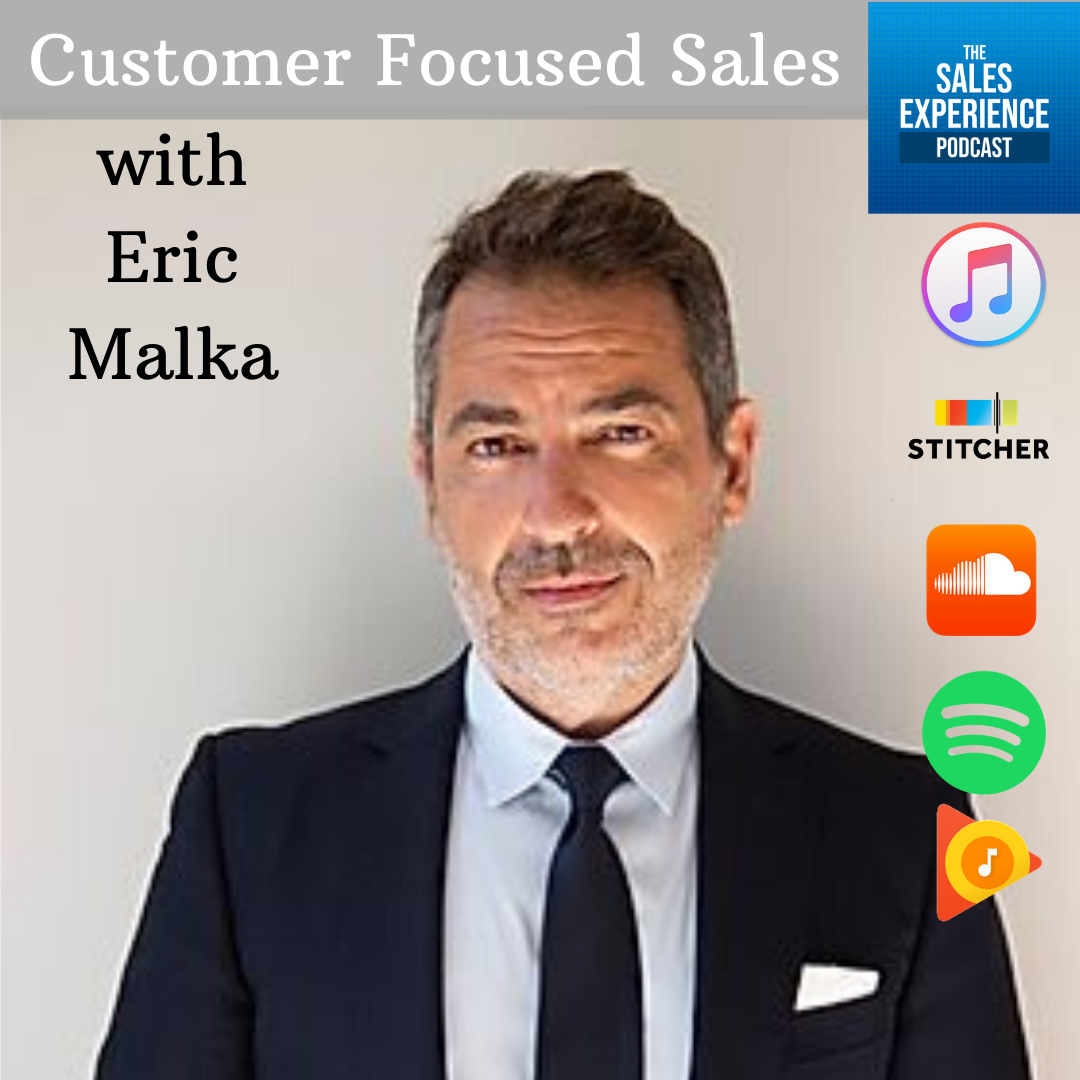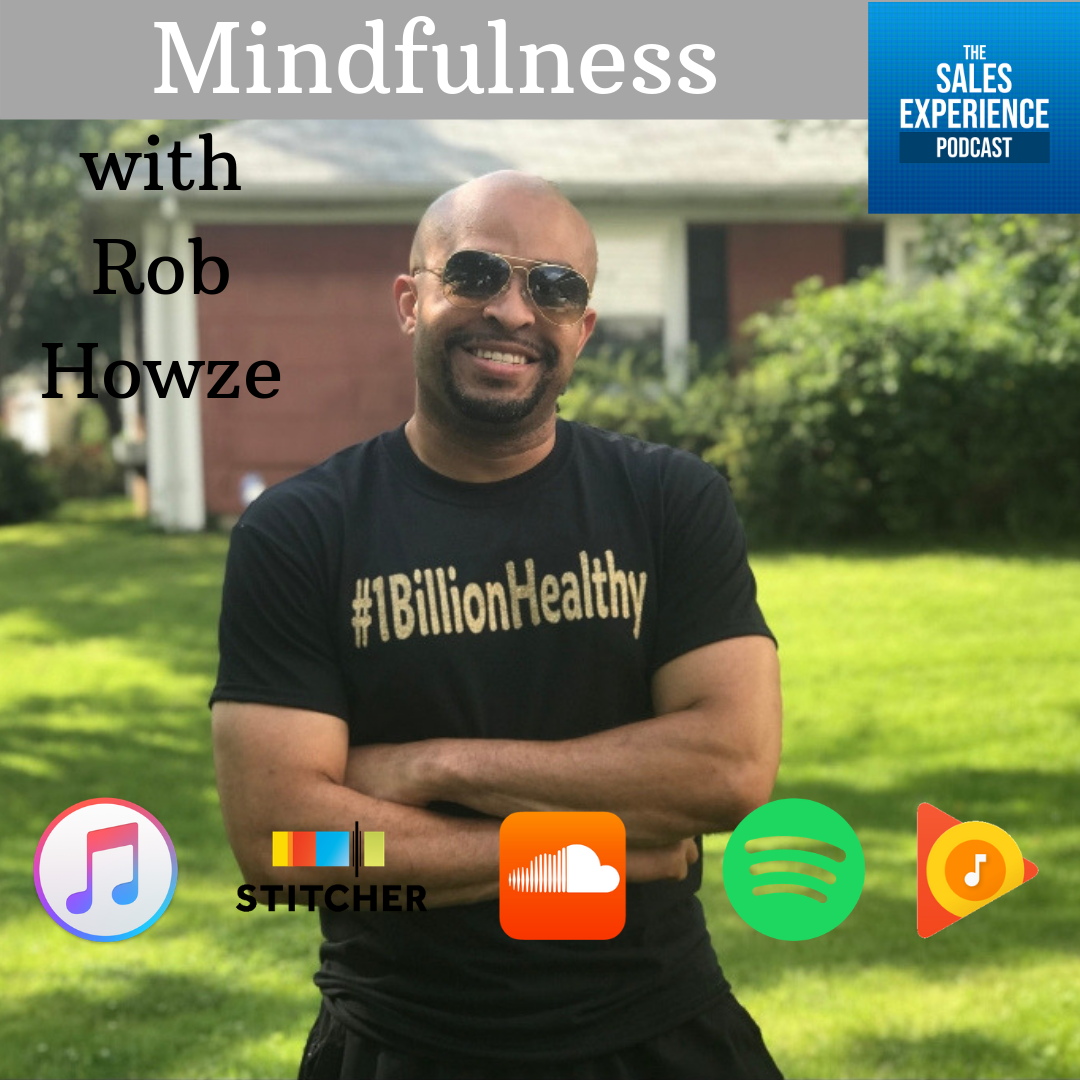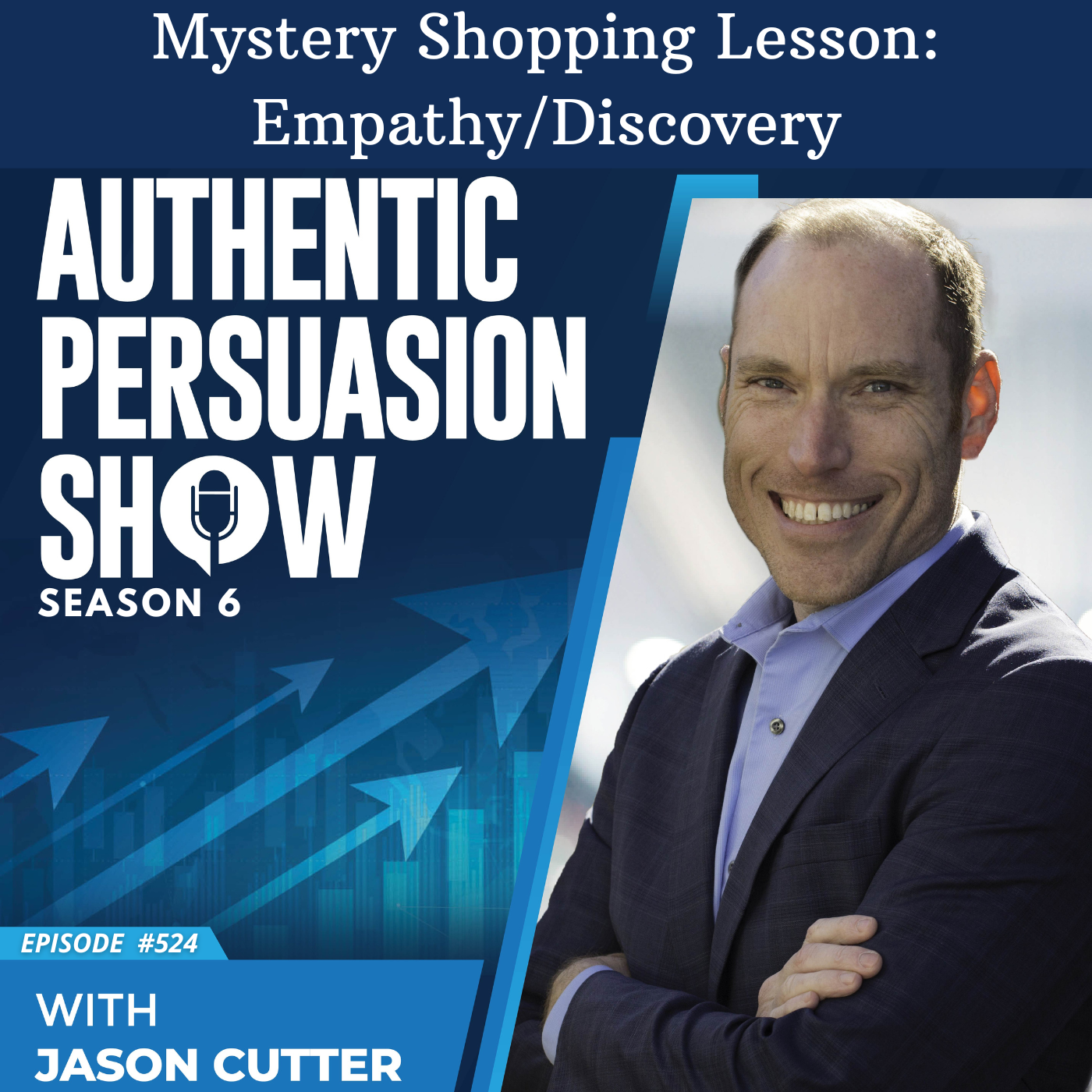Episode Transcript
[00:00:00] Jason Cutter: This is the Authentic Persuasion Show.
[00:00:06] Hey there and welcome to episode 560 of the Authentic Persuasion Show. My name again is Jason Cutter. You know that from the intro unless you skip intros like I sometimes will when I listen to other podcasts because time is special and precious. But here we are. So this is week two of the podcast in season seven.
[00:00:24] Hopefully you caught all five episodes from last week. If not, this is your first episode that you're listening to. Of the show of the season. Welcome this season. I am focused on having conversations with professional sales educators. I'm not going to go into a lot of it. You can check out episode 555.
[00:00:39] You can check out 559. You can check out the conversation with Thom Coats from last week. Here's the biggest thing. This is something that I wanted to start this week off with that I have seen as something that's just fundamental. And I've been focusing on this now, the last few months is that if you are selling.
[00:00:58] The way that you've [00:01:00] been selling or the way that you've been, you sold two years ago, three years ago, five years ago or beyond, then you're missing opportunities now. What a lot of people will then say is of course the pandemic has changed things. The economy, inflation, job loss, blah, blah, blah, government policy.
[00:01:21] No, it has nothing to do with that. It actually has zero to do with it. Now, of course, those macro and micro economics and business factors and things like that do affect how you might sell or what you might focus on. That's really more about what your potential customers B2C or B2B are going to find valuable or need in this moment.
[00:01:43] That's different. If you've been selling something for years that actually doesn't help your customer in important ways if you've just been selling hype, if you've been selling the sizzle but it's the sizzle of a really terrible steak, then it doesn't [00:02:00] matter. Like the economy. And everything that's going on right now is going to expose that and buyers aren't going to buy it, but I would say in general that if that's what you've been doing, if you've been selling sizzle and hype and on the verge of being a snake oil salesperson, then, I wish you would stop and just go away anyway.
[00:02:17] That's a totally different topic for another solo conversation, but specifically what I'm referring to is the fact that. If you're selling the way you did a couple of years ago or beyond, again, nothing to do with the pandemic, but the world of selling has changed. And the reason why is that the world of buyers has changed.
[00:02:36] And again, I'm going to say this over and over again till I'm blue in the face is that it's not B to C or B to B. It's H to H. You're dealing with a human. Now, why does that matter? One of the things, and it keeps coming up in these conversations. And reinforcing what I believe and what I know to be true and what I've seen out there is that because of the Internet, the world of buying is totally.
[00:02:59] [00:03:00] Different. And until you understand that and until you build your sales processes and your conversations and your mindset around the decision making process, not your sales process, not what you think the buyer's decision or the buyer's journey should be. Once you realize that the decision making process fundamentals are different.
[00:03:26] But you know what they are, then it will make a huge impact the way you sell. If you sell the way that you've been selling for a while now, you're probably doing it wrong and you're missing opportunities. What's different? The internet, right? Not just the internet. The fact that Anything out there that's being sold has information about it on the internet, which means your potential buyers business to consumer business to business doesn't matter.
[00:03:52] They are armed with all of the knowledge, the facts, the features, the benefits of what you sell. Now you might say, [00:04:00] no, what I sell is so unique and special and we're a first mover and this and that. That might be true. If that's the case, there's going to take a lot of education for all of your conversations.
[00:04:09] That's a whole different thing. That's a tough way to sell because you have to do a lot of education, not impossible. It's just a different mode, right? You have to have a lot of information out there online, and then you have to do a lot of education to sell what you're doing. That is a grind in the beginning until there's enough awareness and it's known out there.
[00:04:27] Think of the first time the smartphone came out. iPhone, Apple comes out with the first iPhone and it's like, what the heck is an iPhone? I know what a Blackberry is, but I don't know what an iPhone is. And then there's a lot of education and it takes a while. The early adopters jump on it and then there's everybody else as they go through because of the internet, because of what's out there.
[00:04:46] There's so much information that buyers are armed with the ability to make decisions. On top of that, and this is what I learned from one of my conversations this week with a guest that will be coming out in a few weeks in the podcast, is that we are [00:05:00] all conditioned in our personal lives to be able to go online.
[00:05:04] And he called it the Amazon effect. And I can't remember if it was Greg Ocardo or Terry Lowe who said that but the Amazon effect is that we are all conditioned, go on Amazon, find it. Look at the reviews, look at the ratings, buy it, it gets shipped to us. Again, if we don't like it, we can send it back.
[00:05:23] But it's so easy to research and find everything that we want that it doesn't take any effort. Then what happens if you're in B2B sales, that person you're selling to is human. That's why I say it's always H to H that person takes their buying preferences, their lack of time their desire to find good, safe, easy decisions and what they're buying.
[00:05:42] They take that into the workplace and then you're trying to sell them and they want to just be able to look it up and make smart decisions and go into it armed and aware. If you're selling from the place of being the one who knows the product, having the facts and features, hoarding that information, thinking that they've got to go [00:06:00] through you to get information on the product.
[00:06:03] If you're one of those companies where there's no info on the website. And even to get a demo or to do a free trial or anything like that, they have to go through the gauntlet of dealing with a salesperson to have that initial conversation. You're doing it wrong unless you have something so amazing and special that people are willing to jump through your hoops, you're going to lose a lot of people to that painful funnel.
[00:06:26] And here's why is people don't want to deal with you. People want to see it. And then they want you to help them with making the right decision. But a lot of people want to feel in control of that process and they're just conditioned by being able to check it out. Like being able to see what's up. Back in the day, right?
[00:06:44] Here's another analogy just popped in my head back in the day when I grew up watching TV. There was three channels and then there was more channels. There was the TV guide the printed one. And then there was like the guide channel and go on the guide channel and see everything that's on. [00:07:00] If there's a movie or a TV show that you saw that looked interesting, your option was to click to that channel.
[00:07:09] Obviously you have to plan your life around it. Click to that channel. Watch the show invest some time in it and decide if you want to keep watching that show and sometimes it's This is not good yet. I don't know should I keep doing could I keep watching? Ah, maybe we'll give it another episode I'll tune in next week and you're like committing you're like I don't know like it's a sunk cost in here and I don't know if this is gonna be worth it now I think about it right and this is the same thing for the buyers journey as well now Let's say it comes to the evening, we want something to watch.
[00:07:39] Here's this new show. Netflix says, you're going to love this. All right, let me watch the trailer. Let me watch a preview of a show online on demand. And then I'm going to make a decision in that timeframe, whether I want to invest another second into that show or not. And their job is to make those.
[00:07:56] Trailers seem so appealing now that's been the case for movies all the time [00:08:00] and you have to watch that that trailer commercial on TV way back in the day and then you wouldn't want to go to the movies, but now it's all on demand and people expect that they get into their buying life and they expect on demand content to help them with some of the journey, not all of it.
[00:08:18] If you sell something that's complicated enough, or is it considered purchase? Like I say all the time, then it's your, it's something that they're going to want to talk to a salesperson at some point. They're going to want the guidance and help from someone like you, but they don't necessarily want to have to deal with you and your hoops just to start out the process.
[00:08:37] So big thing, keep in mind the decision process is what it is right now. If you're selling the way it used to be, if you're requiring everyone to jump through your hoops, if you're thinking that everybody at scale. Needs you to tell them how your product or solution works, what the features are, the benefits, the facts, the figures.
[00:08:57] If you think they need you for that, [00:09:00] then you're wrong and you're missing opportunities. Now, that's not saying that they don't want that from you, that some of the people, some of the time will rely on you to educate them or help them with those things or point out other parts. But if you think your role is still feature dumping.
[00:09:15] And just being that one, that's the product expert, then you're wrong and you're missing out. And I think that's one of the biggest things right now is if you take anything from this is that sales in the future is now is dictated by the. Buyer's decision making process. It theoretically always has been, but salespeople think they are the gods of the product and that everyone wants to go through them and they think that their role is to just talk to people and stuff.
[00:09:41] And it's so wrong. I won't use the rest of the time in the show to talk about how wrong that has always been, but how wrong it is now is that you've got to understand that your job is to be their guide. It's to help them. It is to help them make that decision. On around the framework of understanding what they're buying decision looks like their [00:10:00] decision making process looks like, which is not the standard sales process.
[00:10:03] It doesn't line up to the stages in your pipeline in your CRM. That's not how buyers buy. So stop building your sales processes around what you think the stages are and look at it from the buyer's decision making process and then help them where they are and then help them move forward.
![[560] They Don't Need You For Your Knowledge](https://episodes.castos.com/salesexperiencepodcast/images/1470851/They-Don-t-Need-You-For-Your-Knowledge.png)


